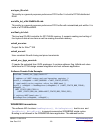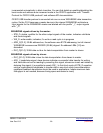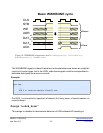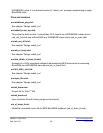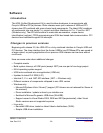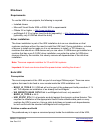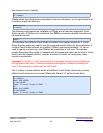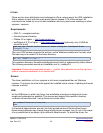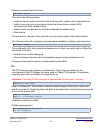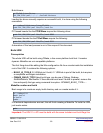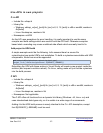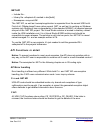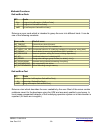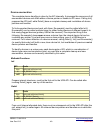
Linux
There are too many distributions and releases to offer a unique way to the UDK installation.
We've chosen to work with the most recent Ubuntu release, 9.10 at the moment. All
commands are tested on an up to date installation and may need some tweaking on other
systems / versions.
Requirements
• GNU C++ compiler toolchain
• zlib development libraries
• CMake 2.6 or higher ⇒ http://www.cmake.org
• wxWidgets 2.8.10 or higher ⇒ http://www.wxwidgets.org [optionally, only if UDKLab
should be build]
sudo apt-get install build-essential cmake zlib1g-dev libwxbase2.8-dev
libwxgtk2.8-dev
The Linux UDK comes as gzip'ed tar archive, as the Windows installer won't usually work.
The best way is to extract it to the home directory:
tar xzvf UDKAPI-x.x.tgz ~/
This creates a directory /home/[user]/udkapi[version] which is subsequently called udkroot.
The following examples assume an installation root in ~/udkapi2.0.
Important: Commands sometimes contain a ` symbol, have attention to use the right one,
refer to command substitution if not familiar with.
Drivers
The driver installation on Linux systems is a bit more complicated than on Windows
systems. The drivers must be build against the installed kernel version. Updating the kernel
requires a rebuild.
USB
As the USB driver is written by Cesys, the installation procedure is designed to be as
simple and automated as possible. The sources and support files reside in directory
<udkroot>/drivers/linux/usb. Just go there and invoke make.
cd ~/udkapi2.0/drivers/linux/usb
make
If all external dependencies are met, the build procedure should finish without errors.
Newer kernel releases may change things which prevent success, but it is out of the scope
of our possibilities to be always up-to-date with latest kernels. To install the driver, the
USBS6 / C1030-5510 http://www.cesys.com/
User Doc V0.3 -33- preliminary



